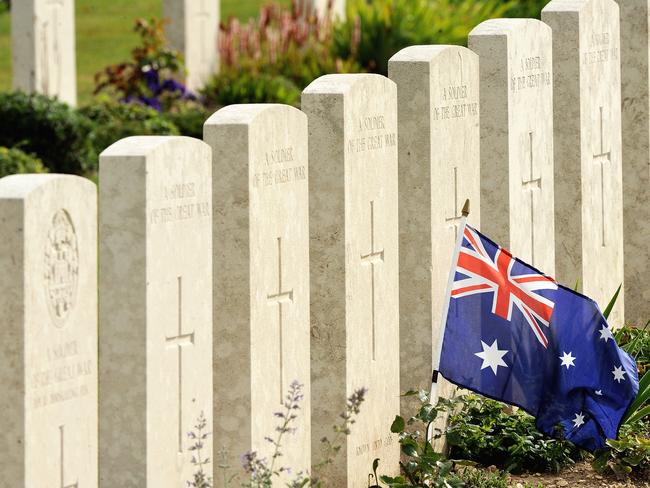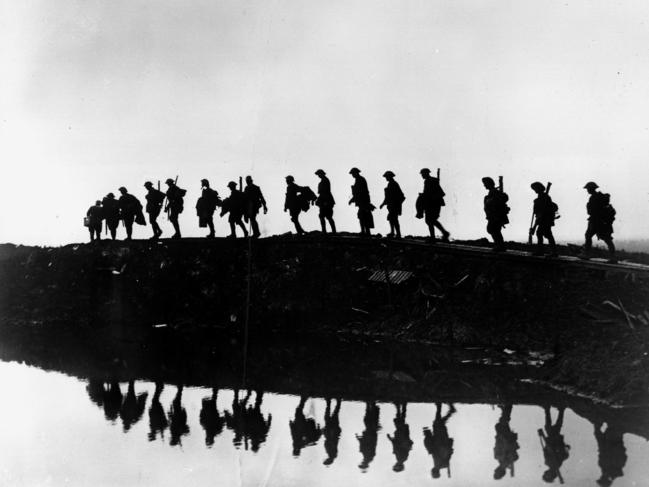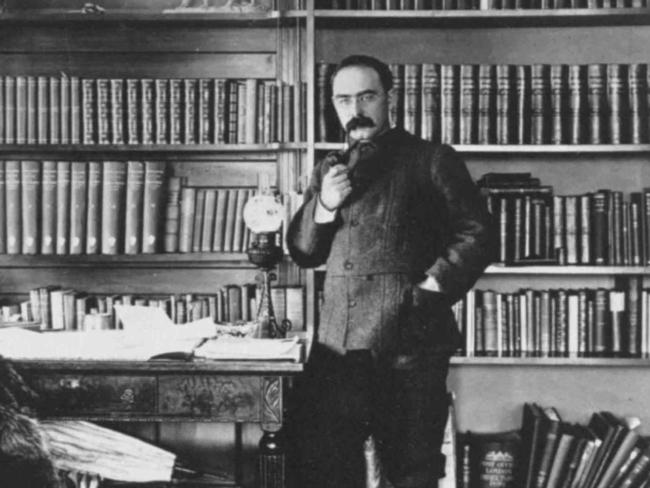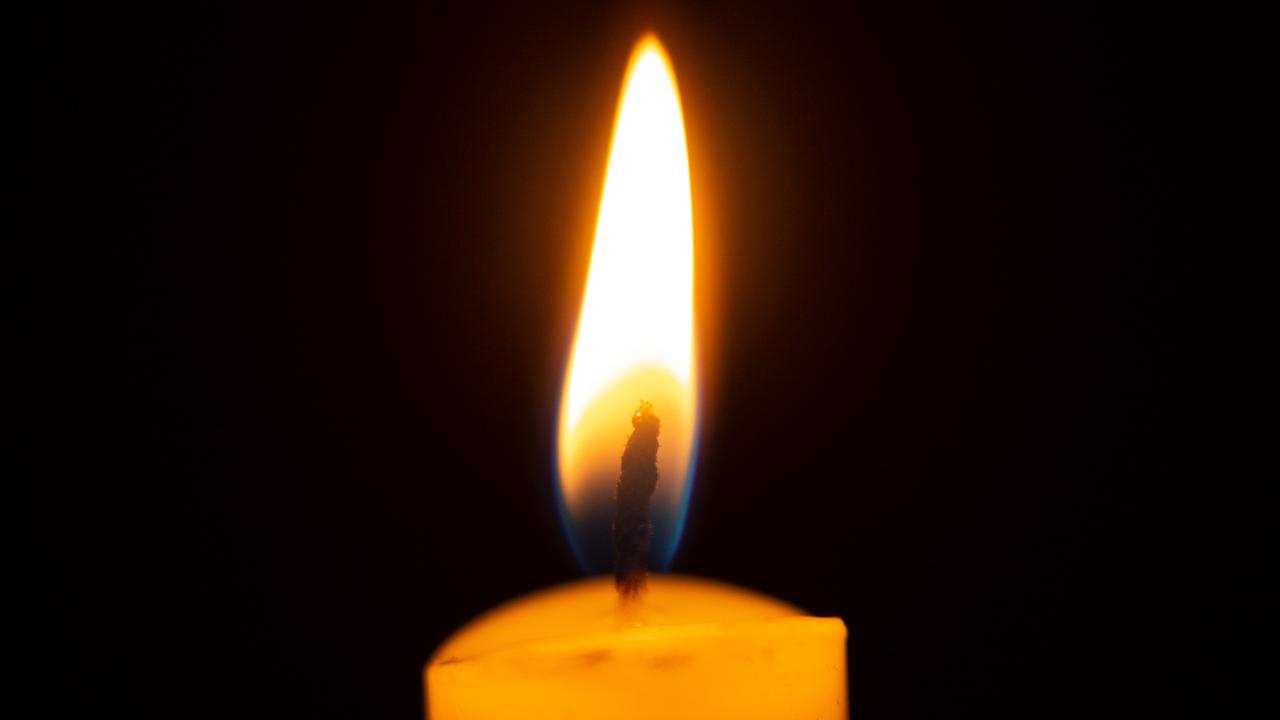Discovered document uncovers ‘creepy’ Australian fake graves plot
AUSTRALIA wanted to honour its more than 8000 soldiers lost on the Western Front with fake burial plots in a plan author Rudyard Kipling branded “creepy” and fought to block.
ANZAC Centenary
Don't miss out on the headlines from ANZAC Centenary. Followed categories will be added to My News.
EXCLUSIVE
AUSTRALIA wanted to honour its more than 8000 soldiers lost on the Western Front with fake burial plots in a plan famed author Rudyard Kipling branded “creepy” and successfully fought to block.
In newly discovered minutes now made available to the public 100 years on, the Commonwealth War Graves Commission has revealed the emotion, angst and feuds over how the Allies considered honouring their dead in the months after the Great War ended.
The trove of telling documents were previously sealed as post war the commission sought to present a united front to the Commonwealth public in the decision making over the burial of millions of dead in more than 1000 newly purpose-built cemeteries in France.

But there was nothing particularly united in the often emotion-charged debates as it came down to a handful of civilian and military men from England, Australia, Canada, South Africa and India to make the difficult, unique decisions on how and where to bury a million men.
One of the men on the commission was author, poet and Nobel laureate Rudyard Kipling, already a superstar for his children’s stories including The Jungle Book, who rejected an Australian push to mark their missing soldiers with “six feet by two” fake graves.

Kipling had a vocal role in the commission and had already suggested the biblical phrase “Their Name Liveth For Evermore”, “Known Unto God” and “The Glorious Dead” to be used on Stones of Remembrance in war cemeteries.
Representing the Australian High Commission, a Mr E.A Box said he was ready for criticism but the government felt with a “very fixed decision” the missing men were entitled to a grave albeit fake which would need up to another 25 per cent more land from France for plots.

Such was his confidence this “honour” to the missing would be done, Australia had recruited 1000 men to remain in France to do the work; “volunteers who have given up a very great prize to them of getting back to Australia and their homes”.
Australia wanted the grave sites on top of memorials listing their names.
“It gives me the creeps — and I am interested — to have such graves with no bodies in them,” Kipling said of the proposal. “I am looking at it from the sentimental point of view. By all means have the memorial and the name but do you want six feet by two laid out?”
The committee made clear there would be no “faked graves” for Australia’s missing or any of the tens of thousands other lost Commonwealth soldiers.
“It is an amazing discussion,” CWGC chief archivist Andrew Fetherston told News Corp Australia of the find.
“They don’t necessarily pull any punches. What’s interesting about that is that they are able to have these discussions in a closed-room setting but what stands out to me is these discussions were to never get out into the public domain. So they have all these discussions internally and disagree about all sorts of things but publicly at least they present a united front.”
Mr Fetherston said many people considered these decisions were conducted by a bureaucratic stroke of a pen but the documents showed a human dimension, of men struggling with differing opinions to do the best for the families, soldiers and governments.
“I think you suspect Mr Box was going to get that but still wanted to raise that,” he said. “You get a sense he knew there would be objections to what he was suggesting. I get a sense that he would have suspected people on the commission wouldn’t agree with him but I think he felt strongly enough to bounce and representing Australia’s views he had to raise it.”
The Department of Veterans Affairs said no-one from the department nor the Office of Australian War Graves would be made available to discuss the issue.
Originally published as Discovered document uncovers ‘creepy’ Australian fake graves plot


